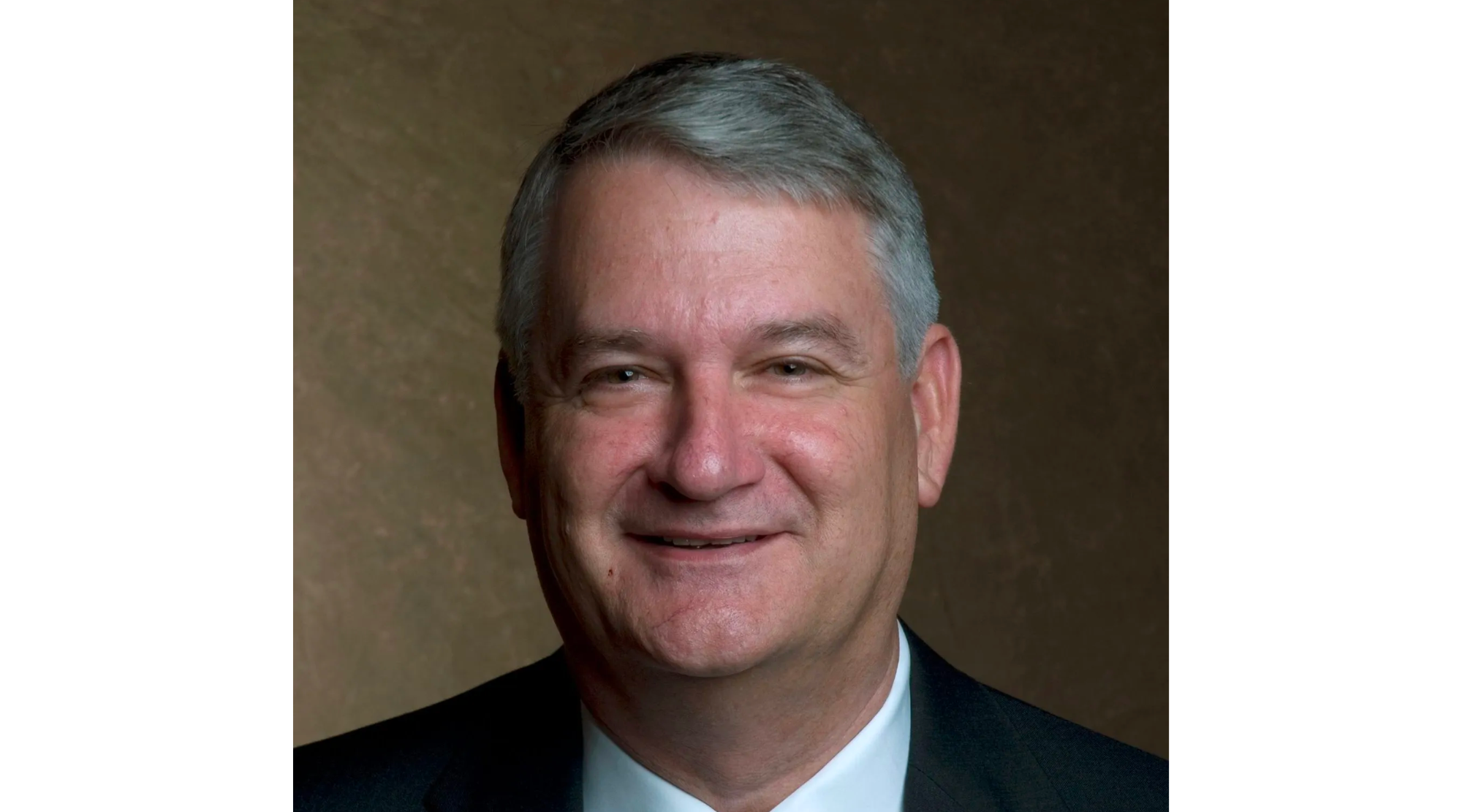Let’s get it right
Published 4:40 pm Tuesday, January 28, 2020
|
Getting your Trinity Audio player ready...
|
Most of our City Council, the Clerk, the City Manager, City Attorney and I attended the Cities United Meeting held in Atlanta over a four-day period this past week. Formally called the Mayor’s Day Conference, the meeting brings together municipal officials from cities large and small to discuss the issues that affect us all.
Hundreds of officials took training classes, participated in policy committee meetings and met with state officials to be better positioned to improve the quality of life for the citizens we serve in the cities around the state.
Donalsonville was one of nine cities recognized by Georgia Trend Magazine for the inaugural “Visionary Cities” Award. In Donalsonville’s case the award was related to the city building its own wireless network to provide affordable internet service in a rural community that was largely underserved by traditional providers.
Governor Kemp, Lt. Governor Duncan, Speaker Ralston, and newly appointed United States Senator Loeffler all spoke to the group giving their vision of the future for the state.
It is all a lot to digest for all municipal elected officials and their staff. The same holds true for our counterparts in the 159 counties across Georgia. Some of the city/county problems are different, but most are the same, particularly in our area of rural Southwest Georgia.
Leaving Atlanta and headed back to Seminole County I was thinking about what we could do to move our community forward. Hurricane Michael dealt us a terrible blow and clearly slowed some of our momentum, but progress is being made.
Facing the same challenges that so many other rural communities share, what should we focus on in the short term? What is the single thing we can do immediately that will most help our community in the long term?
The answer is not sexy or exciting, but it is clear. Every community in our area, from Cairo and Bainbridge to Colquitt and Blakely must focus, really focus, on the upcoming Census count.
I have believed for the past 10 years that the 2010 census drastically undercounted our city and county. It was our fault. We did not take it as seriously as we should have. We did not commit financial resources to getting everyone counted. It is not the federal government’s job, it is ours.
Every uncounted citizen represents the loss of funding for our city and county. Not chump change, but significant dollars in a community that desperately needs this funding. If we do not work to count every citizen, it is the same as leaving money on the sidewalk. Not pennies, dimes or dollars. Thousands of dollars for each person not listed.
In this time of distrust of the federal government, it is easy to understand that some people do not want to answer questions or open the door to the census takers. We must help them understand the importance of responding and being counted.
Who is “we” you might ask? Who is supposed to help the public understand how important this count is to our future? The answer is simple, but at the same time complicated.
Newspapers will print public service announcements. Paid census takers will work the neighborhoods, but unfortunately most of the counting will be done over the internet. That is a problem for rural communities like ours that don’t have a computer in every home. Check out your local library for help in responding to the census online.
It is estimated that ten percent of all black males were not counted in the last census. That is a real problem in our area with a significant minority population. The amount of federal funding left on the table from this undercount is staggering.
Churches of all faiths and denominations should make this a part of their regular communication to their congregation. Pastors should speak to this from the pulpit. Service clubs and social clubs should spread the word, not just once but repeatedly until the census is completed.
Finally, it falls to you, the individual citizen. Ask your neighbor if they have responded to the census. Talk to those you can influence about the importance of being counted. Employers should encourage those that work for them to get counted.
There is not much the average citizen can do that is more important to their community than to respond to the challenge of getting everyone counted for the 2020 Census. It is important. Let’s get it right this time.


